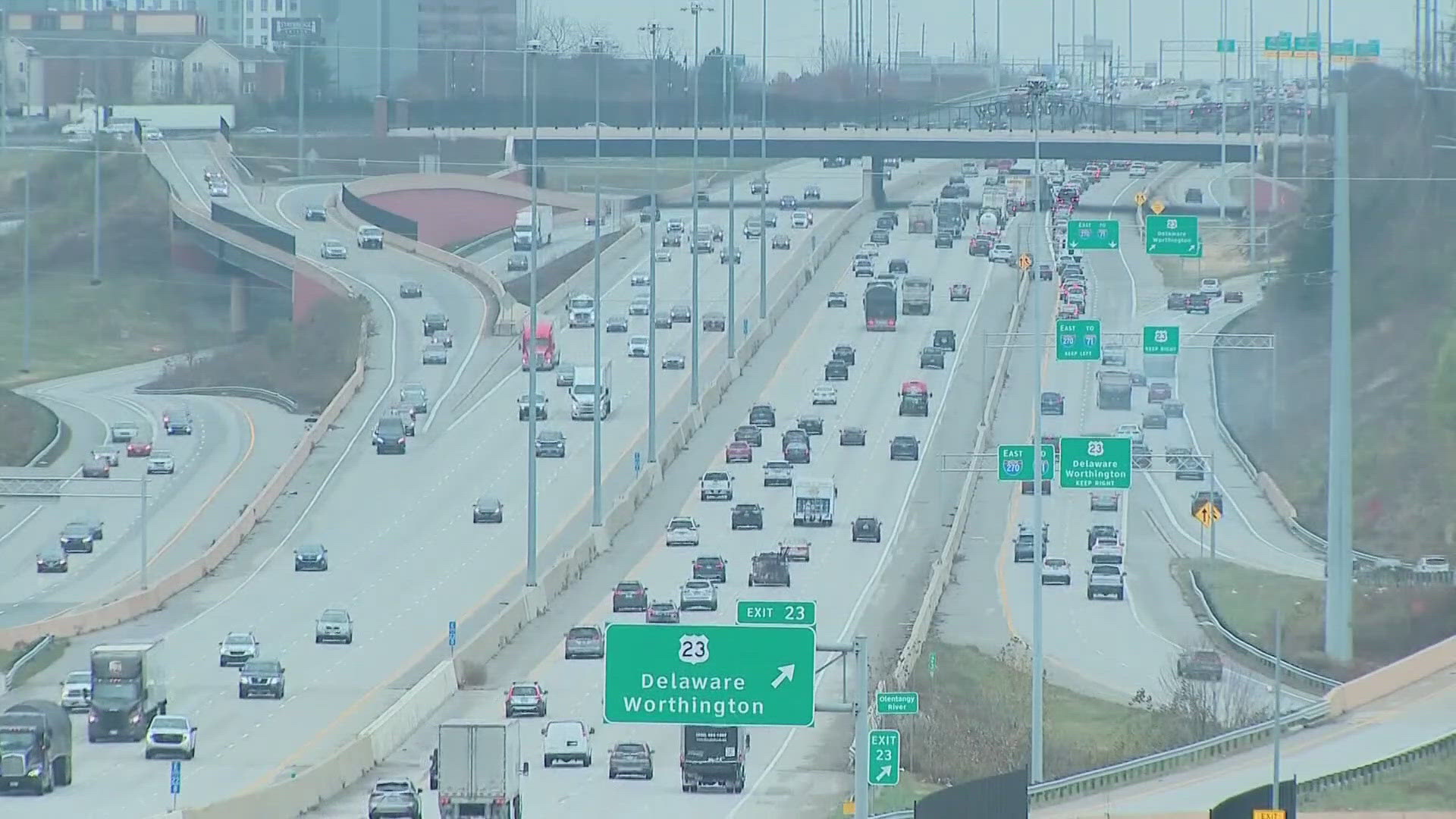OHIO, USA — New data from the state of Ohio shows the new distracted driving law has been cutting down on crashes and saving lives in its first year on the books.
Police started giving tickets in October 2023 after a six-month grace period to allow drivers to get used to the law.
The Ohio State Highway Patrol is encouraged by what they're seeing in the numbers and out on the roads.
"The big takeaway is that the new law is effective," OSHP Lt. Ray Santiago said.
OSHP data shows there were 1,112 fewer distracted driving crashes in Ohio from last October to this October than in the 12 months before officials started enforcing the new law.
The number fell from 9,529 crashes to 8,417.
Fatal distracted driving crashes fell more than 19%, from 31 to 25. Troopers also issued 25,310 citations for distracted driving, an average of 69 per day.
"We see that motorists are taking it to heart and they're starting to make those changes, whether it's forced or not," Santiago said.
"When motorists are dropping their distractions that means that Ohio roadways are safer and that means a lot to ODOT crews," Ohio Department of Transportation Spokesperson Morgan Eibel said. "It also means a lot to roadside workers everywhere."
The fine for a first distracted driving offense is $150 and two points on your license. Fines are doubled in work zones.
"That's an expensive lesson to learn, but we'd much rather go about it in that route than the latter and having to let someone know that a loved one isn't coming home because of a poor decision," Santiago said
First-time offenders can get a second chance.
So far, 15,000 of them have taken the state's online distracted driving safety course which makes them eligible for reduced fines and penalties.
"It's not always about collecting fines and punishing drivers for bad behavior, but it's a good opportunity to learn about why they should not be using their phones and driving," Ohio Traffic Safety Office Spokesperson Judy Converse said.
While year one has been encouraging, Santiago says the momentum needs to carry over into year two and beyond.
"Until we get that number as low as we possibly can to zero, we know that collectively we have some work to do," Santiago said.

